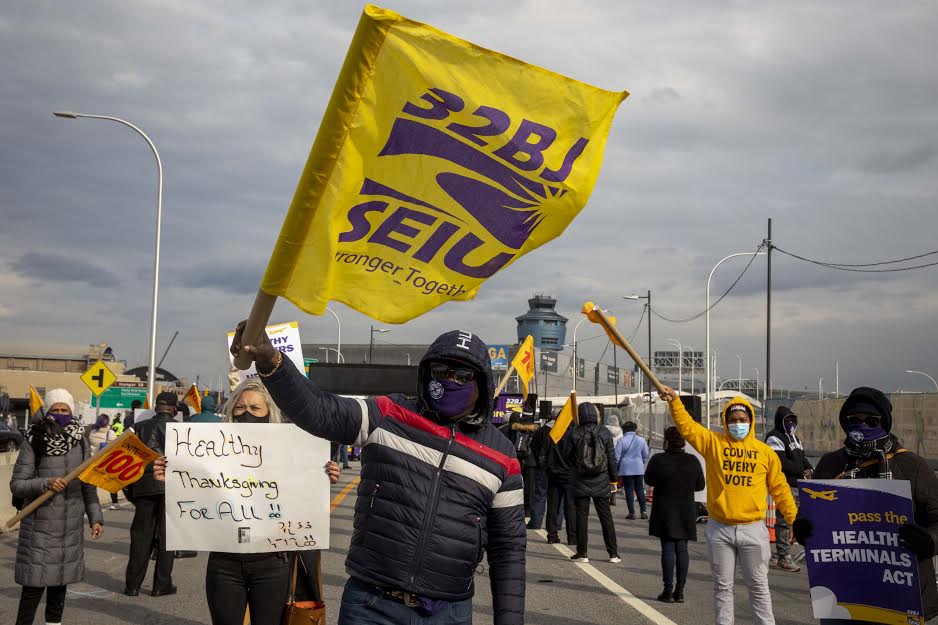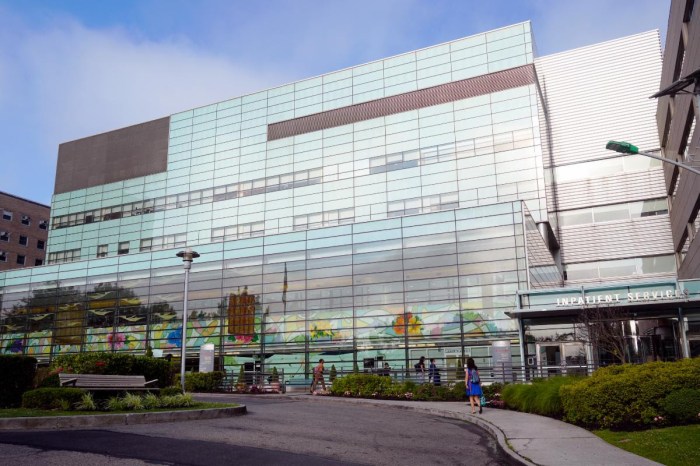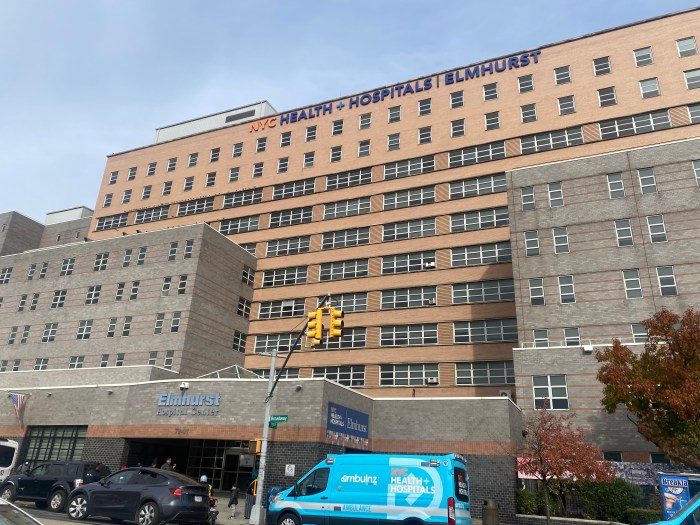Thousands of airport workers at LaGuardia and JFK are celebrating after Governor Andrew Cuomo signed the Healthy Terminals Act into law.
The first state-level legislation of its kind in the nation provides a benefit supplement that can provide meaningful and sustainable healthcare benefits for cabin and terminal cleaners, wheelchair attendants, baggage claim workers, security officers and passenger service representatives to be implemented in phases, with those who have worked through the COVID-19 pandemic this year receiving the supplement first, in July.
“I still have hospital bills coming in from when I had COVID-19,” said JFK security officer Suninatra Raminsoon, who fell ill at work in March. “It’s hard for working people working at the airport to pay for medical bills when we don’t get affordable or reliable healthcare from our jobs, especially when we have reduced hours or furloughs. But now we have a chance at healthcare that we can rely on.”
The passage of the Healthy Terminals Act greatly improves conditions for the predominantly Black and immigrant subcontracted airline workers who have been on the frontlines of the pandemic since day one and whose communities have been devastated by the virus. The legislation is a major victory for essential airport workers who secure terminals, sanitize planes, keep passengers safe and the economic engines that are LaGuardia and JFK airports running.
“I want to thank our essential workers and 32BJ for fighting for better healthcare,” bill sponsor Assemblywoman Alicia Hyndman said. “The Healthy Terminals Act for workers means that they may not have to make tough decisions between going to the doctor and paying the rent or the state. It means millions in Medicare savings. It means that travelers can have a safe trip. I’m proud of New York for standing with workers in this crucial legislation.”
Airport workers often make too much to qualify for Medicaid and the Affordable Care Act subsidies, and too little to afford employer-provided health plans, including many with unaffordable premiums, co-pays and deductibles. Many airport workers have been forced to live without health insurance, including Horace Foster, a baggage claims attendant at JFK, who currently owes more than $120,000 in medical bills following a hospital stay that threw him into spiraling debt.
“A [medical] bill like that is the type of thing that ruins your life,” Foster said. “I hope it never happens to anyone else who works at the airport. With the Healthy Terminals Act, it shouldn’t ever happen to anyone else.”
The Healthy Terminals Act comes as the airline industry is set to receive $16 billion in the latest COVID-19 federal relief package. The measure will require employers at New York airports to compensate nearly 12,000 workers, including subcontracted passenger service workers, a $4.54 benefits supplement that they will be able to use to acquire the quality health insurance they need.
“I thank Governor Cuomo for raising standards for airport workers in these difficult times, and I thank bill sponsors Senator Biaggi and Assemblywoman Hyndman for fighting tirelessly for this bill,” SEIU 32BJ President Kyle Bragg said. “Essential, frontline airport workers will breathe a deep sigh of relief knowing that real healthcare is an option soon. Adding a healthcare benefit supplement to airport jobs creates thousands of good, sustainable jobs that uplift everyone. Airport workers have risked their lives for the public during this unstoppable pandemic, and nothing is more important than protecting them.”
Airport workers could use this supplement for health insurance; employees working under collectively bargained contracts could negotiate to use the supplement to provide affordable, quality health insurance directly.
“Signing this bill into law changes our lives and gives us protection we need to do our jobs,” said Foster, who is currently laid off. “My health conditions have been too expensive to treat but now that can all change. I’m looking forward to getting my life back, and getting back to work with masks, gloves, and finally, health insurance.”



































